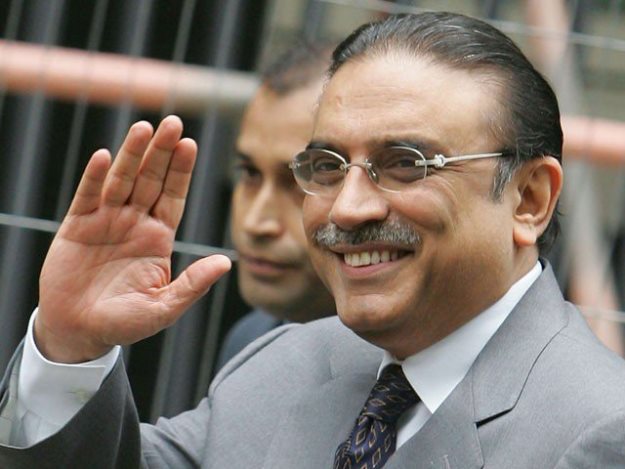
Accountability Court Judge Khalid Mehmood Ranjha absolved the former president after the prosecution failed to establish charges levelled against him 19 years ago during the PML-N’s second term.
In the references, Zardari and his slain wife, former prime minister Benazir Bhutto, were accused of acquiring assets through illegal means and beyond their known sources of incomes.
The counsel for Zardari, Farooq H Naek, said the references had been filed in 1998 and adjudicated in little less than two decades. “Since 1998, four supplementary references were filed and cases were heard in Lahore, Attock and Rawalpindi,” Naek told The Express Tribune.
He said six chairmen of the National Accountability Bureau (NAB) retired, six prosecutors-general were replaced and several special prosecutors were appointed during the proceedings of the references.
“A total of 40 witnesses were examined but no one made any direct allegations against Zardari or assigned him a direct role in alleged graft. The witnesses and evidences were shattered during cross-examination before the court,” he added.
Naek contended that the witnesses produced were irrelevant and the evidence produced before the court did not meet the standard envisaged in the Qanoon-e-Shahadat.
NAB references: Accountability court summons Zardari on Dec 23
“Section 103 of the Criminal Procedure Code makes it mandatory on the investigation officer (IO) to prepare a seizure memo for each and every recovery along with statement of at least two witnesses of that recovery.
“The prosecution, however, did not bring any seizure memo in the assets reference before the court as all references were politically motivated,” he added.
Naek said producing evidence without fulfilling such a mandatory requirement makes it doubtful in the eye of the law and the benefit of the doubt always goes in favour of the accused. “The entire evidence is based on photocopies and these documents are not admissible,” he added.
The counsel said it was alleged that the properties located in Pakistan and abroad belonged to Zardari, but no evidence could be presented to establish the charges.
He said there were flaws in investigation and at one stage, an IO admitted before the court that he had not brought on record any share certificates in the name of Zardari.
He said the prosecution had relied upon the statement of an approver Ausaf Ali Agha who claimed to establish four sugar mills – Sakrand Sugar Mills, Ansari Sugar Mills, Mirza Sugar Mills and Bachani Sugar Mills – for Zardari.
“Different owners have declared the same properties in their wealth returns and the false and fabricated cases were filed during Nawaz’s regime,” he added.
Zardari graft cases: NAB replaces prosecutor in all four references
The assets reference, along with several other references against Zardari, was closed in 2007 under the controversial National Reconciliation Ordinance (NRO).
The NRO – a deal signed between then military dictator General Pervez Musharraf and PPP chairperson Benazir Bhutto – had granted amnesty to politicians, political workers and bureaucrats in various cases.
In 2009, however, the Supreme Court declared NRO void ab initio and ordered revival of the cases, but by then Zardari had sworn in as President of Pakistan and had got immunity under Article 248 of the Constitution.
In 2015, NAB reopened the assets reference. However, on Saturday, the proceedings were concluded on an application filed under section 265-K (power of court to acquit accused at any stage) of the CrPC.
On November 24, an accountability court in Islamabad had acquitted Zardari in the SGS and Cotecna references after the original documents could not be produced before the court.
In December 2016, NAB challenged the acquittal saying that the trial court proceeded to decide the entire case in a hasty manner on an application filed under section 265-K without collecting the original record and documents from the office of the Supreme Court.
NAB maintained that the Registrar of the Lahore High Court, in a letter dated February 19, 2000, clearly stated that the original record of SGS case along with other documents were sent to the apex court in an appeal filed by the accused in the case.





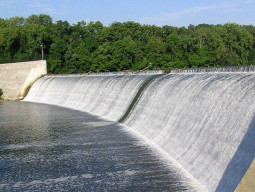
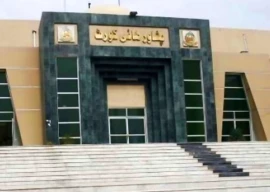

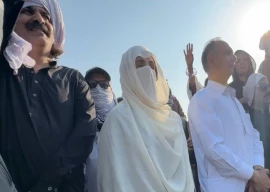
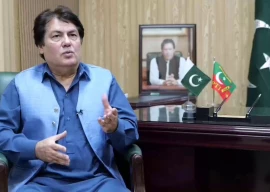







COMMENTS (10)
Comments are moderated and generally will be posted if they are on-topic and not abusive.
For more information, please see our Comments FAQ